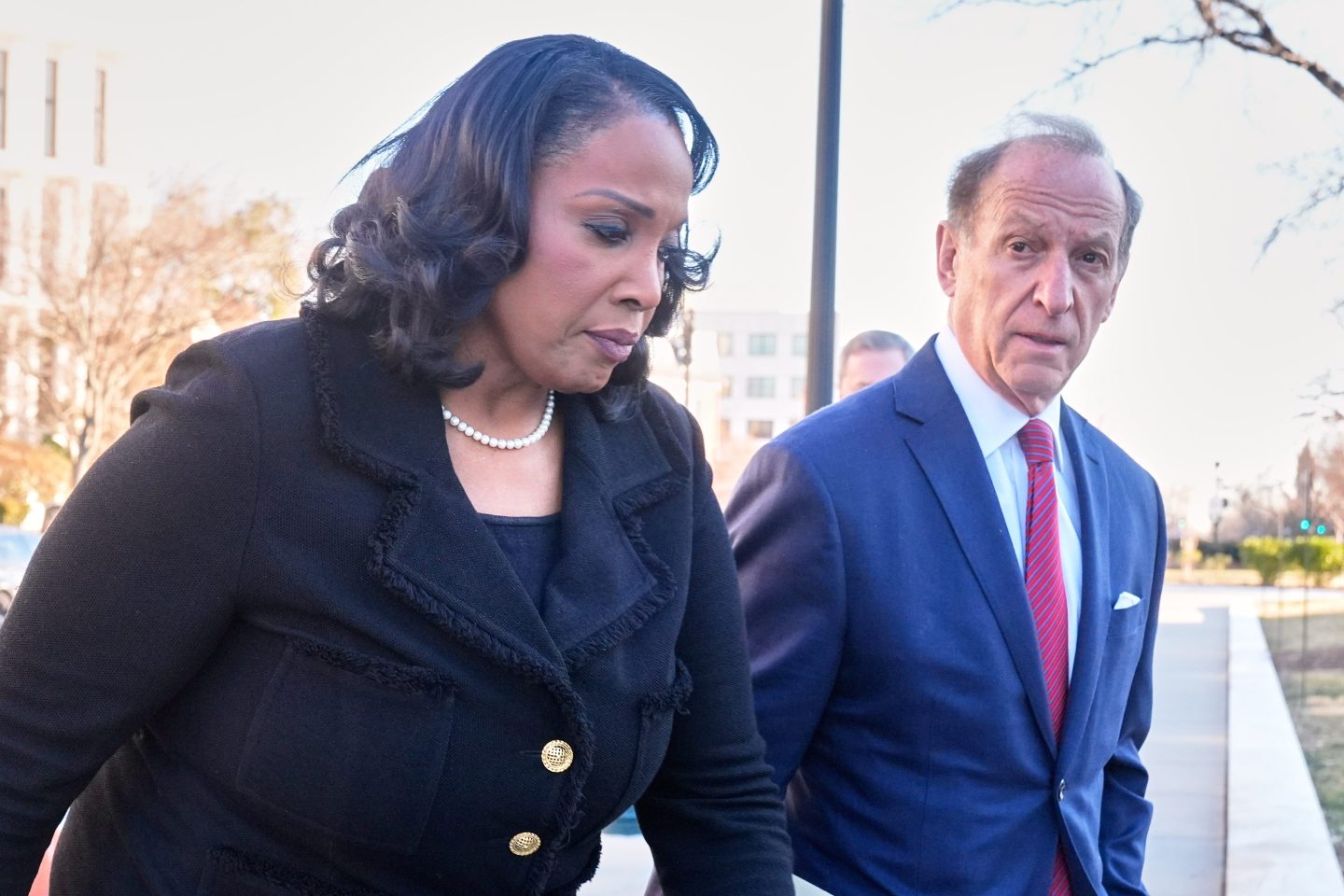With charitable donations at an all-time high this year — $295 billion this year, according to the Giving USA Foundation — perhaps it’s not surprising that we’re also seeing a flurry of high-profile “donor intent” lawsuits. These are cases where the recipient of a big charitable gift is accused of using the money for purposes other than those the philanthropist specified.
Yesterday, Tulane University won a round in one of the more celebrated of these disputes, when a Louisiana appeals court ruled, 2-1, that the descendants of Josephine Newcomb had no standing to challenge Tulane’s 2005 decision to discontinue 120-year-old Newcomb College as a separate, all-women’s college there. (Here’s the ruling.)
The plaintiffs, Newcomb’s great-great-nieces Parma Matthis Howard and Jane Matthis Smith, have already announced (earlier today) their intent to appeal to the Louisiana Supreme Court.
Also today, a group of students, alumnae, and donors of and to Randolph College in Lynchburg, Virginia — known till July as Randolph-Macon Woman’s College — sued to enjoin the college from selling off valuable artworks from its Maier Museum. (See, e.g., here.) It’s just the latest of a series of related suits — one now before the Virginia Supreme Court — that have been filed since September 2006, when the R-MWC trustees voted to go coeducational. (Last year the school’s accreditors warned the trustees that the school’s finances were inadequate, and its trustees have maintained that the various changes are required to right the ship.)
Finally, important pretrial rulings are expected Thursday in one of the biggest donor-intent cases in history — one filed by the children of the late Charles and Marie Robertson against Princeton University in 2002 alleging misuse of funds donated in 1961. The plaintiffs seeks return of $207 million in allegedly misused funds, with a claimed present value of about $500 million, and an order ending Princeton’s control over the Robertson Foundation endowment, currently valued at more than $840 million.
In the Tulane case, Josephine Newcomb endowed the H. Sophie Newcomb Memorial College — named for her deceased daughter (who died at 15) — with a $100,000 gift in 1886, and then bequeathed it $2.7 million more upon her death in 1901. Her descendants are now suing to try to reverse Tulane’s decision, claiming that it violates Josephine’s specification that the money be used “for the higher Education of white girls and young women.” (Obviously, nobody’s attempting to enforce the “white” part of the specification.)
Tulane ostensibly folded the Newcomb endowment into its own as being part of its post-Katrina “plan of renewal.” The plaintiffs, two great nieces of the donor, maintain, however, that Tulane’s plan predated the hurricane and was not necessitated by it.
Judge Charles R. Jones, joined by Judge Patricia Rivet Murray, wrote that since Josephine Newcomb hadn’t left anything to her relatives in her will, her descendants lack standing — i.e., the right to sue — to challenge what Tulane had done. (Standing is a recurring problem for plaintiffs in donor-intent cases, with some courts saying that only the state attorneys general have standing to bring such cases.) Judge Jones also found that Josephine had expressed “unconditional trust” in Tulane, and that she hadn’t wanted anyone “interfering” with Tulane’s administration of her gift.
Judge Max N. Tobias, Jr., wrote a 14-page dissent, concluding that Louisiana law — following the Code Napoléon — does grant descendants the right to bring donor-intent cases. He then went on to find that Newcomb’s gift had been conditional, that Tulane had violated the condition, and that Tulane had failed to seek a court’s permission to do so, as is required. (If it becomes “impossible, impractical or illegal” to carry out a donor’s wish, a charity can seek a court order allowing it to use the gift for a different purpose under the so-called cy pres doctrine, meaning “as near as possible.”)
“The majority’s opinion sets a very bad precedent that if allowed to stand will discourage donations to all charitable entities,” Judge Tobias concluded.
Do readers have any thoughts about how these cases should be decided?











